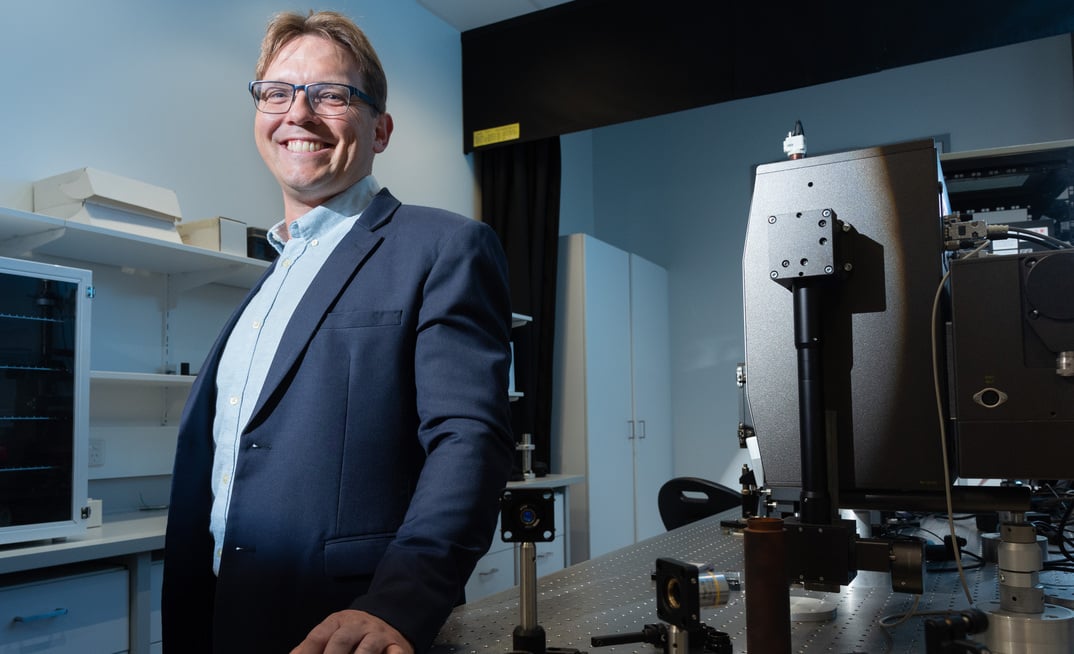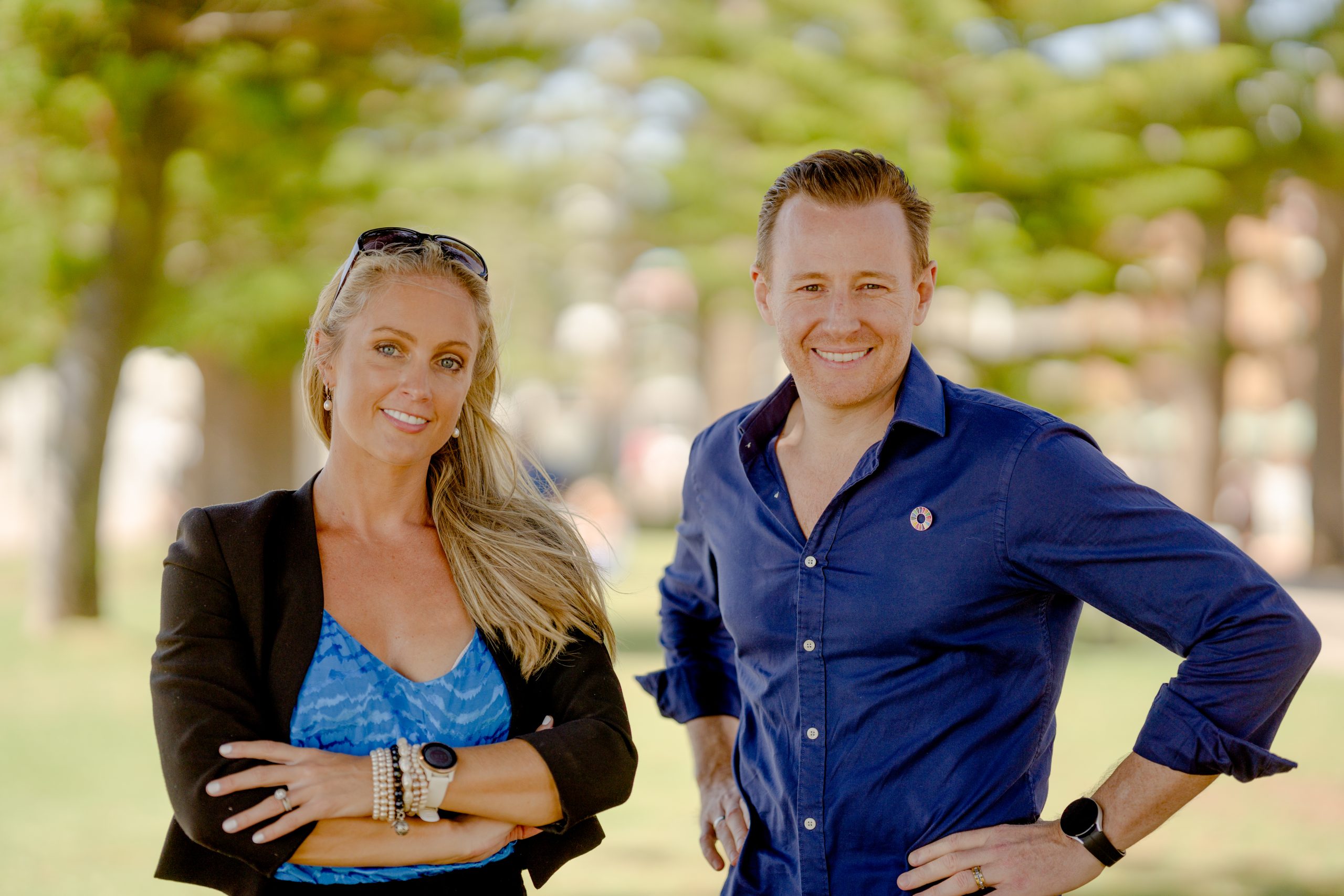Aims to achieve Australian circular economy by 2030
Over 300 leaders from industry, government, academia, and community groups from across Australia and beyond are convening on the 2nd Australian Circular Economy Forum in Sydney on 26 June to propose recommendations for a National Circular Economy Roadmap.
Recommendations for Circular Economy by 2030
The forum is hosted by Circular Australia and Impact X, and supported by knowledge partners UNSW Sydney and the International Universities Climate Alliance (IUCA).
The recommendations by participants will outline the priorities, barriers, opportunities, and reforms needed to successfully create a national circular economy in Australia by 2030, which represents a $2 trillion opportunity in Australia, according to Circular Australia CEO, Lisa McLean.
It follows the Federal Government’s promise to work with the private sector to accelerate the transition to a circular economy to drive innovation, avoid waste and pollution, keep materials in use, make industries more efficient, help Australia build its onshore manufacturing capacity, and create millions of new, green jobs.
The Forum plays an integral role in informing the Australian Federal Government’s circular economy strategy, with proposals from the Forum to be published in a report that will be shared with the Hon. Tanya Plibersek MP, and the Department of Climate Change, Energy, the Environment and Water.
The report will also be shared with a wider audience of industry stakeholders, who will discuss actioning these recommendations and operationalising the circular economy at Australia’s Global Climate Summit, the Impact X Summit in November this year.
Tony Gourlay, CEO of Impact X and co-host of the Australian Circular Economy Forum, said: “The circular economy is a systems transition – not one business or sector can make the transition on its own. Collaboration and co-design between industry, government and research is the way to build a circular pathway for Australia. This forum has given clarity to a circular economy 2030 roadmap and provided a collaborative framework for all stakeholders to take action on.”
Lisa McLean, CEO of Circular Australia and co-host of the Australian Circular Economy Forum, said: “The Australian Circular Economy Forum provides insights on how organisations, businesses, government agencies, and local governments can operationalise the circular economy in Australia. It brings both national and global perspectives, enables new contacts and partnerships to be established and, importantly, provides pathways for people to apply the learnings to embrace circular economy within their own organisations.”
Attila Brungs, Vice-Chancellor & President of UNSW, said: “Achieving the 2030 national circular economy target demands a multidisciplinary, systems approach and active partnership across research, academia, industry, government, NGOs and the broader community. UNSW is privileged to have deep credentials in highly relevant disciplines including circular economies, climate science, renewable energy, sustainable industrial practices and development, as well as an abiding commitment to building a more sustainable future through collaborative research and innovation.”
The 2nd Australian Circular Economy Forum will take place on Monday 26 June 2023 at the UNSW Roundhouse in Sydney
# # #
Insights from Circular Economy Forum: Pathways to Action
ImpactX brings together industry, government, investors, and other stakeholders to catalyse solutions to climate change, restore the natural environment and create the sustainable systems of the future. With its Impact X Summits, the company supports the growth and scaling of impact technologies and facilitates the acceleration of collective action.
Circular Australia is an independent not-for-profit organisation. Its mission is to deliver a zero-carbon economy by:
- Working collaboratively with businesses, government, researchers and individuals to remove barriers restricting growth in circular economy projects and initiatives
-
Providing circular economy analysis and information to the market
-
Helping deliver new circular economy markets, infrastructure and services
-
Educating communities to promote circular behaviours and change
Circular Australia has grown from the state-based NSW Circular model, it will focus on national projects and uniform regulation Australia wide.
UNSW Sydneyis one of the world’s leading research and teaching-intensive universities, known for innovative, pioneering research and high-quality education with a global impact.
Since our foundation in 1949, our aim has been to improve and transform lives through excellence in research, outstanding education, and a commitment to advancing a just society. Our cutting-edge research impacts a wide range of areas including housing affordability, water technology, waste management, hydrogen energy storage and cancer research. Solar photovoltaic cells developed from UNSW research are embedded in almost 90 per cent of all solar panels in the world, playing a critical role in the global transition to renewable energy.
IUCA brings together leading universities from across 25 countries with critical capability in climate research. Universities are uniquely placed to share knowledge and expertise in climate science, climate change adaptation and mitigation. We believe it is through collaboration that we can create greater insight and action. Facilitating knowledge sharing and best practice approaches allows our members to establish a global perspective on localised challenges. Enabling informed policy-making and supporting global efforts to lower carbon emissions and increase the rate, scope and impact of climate action.










